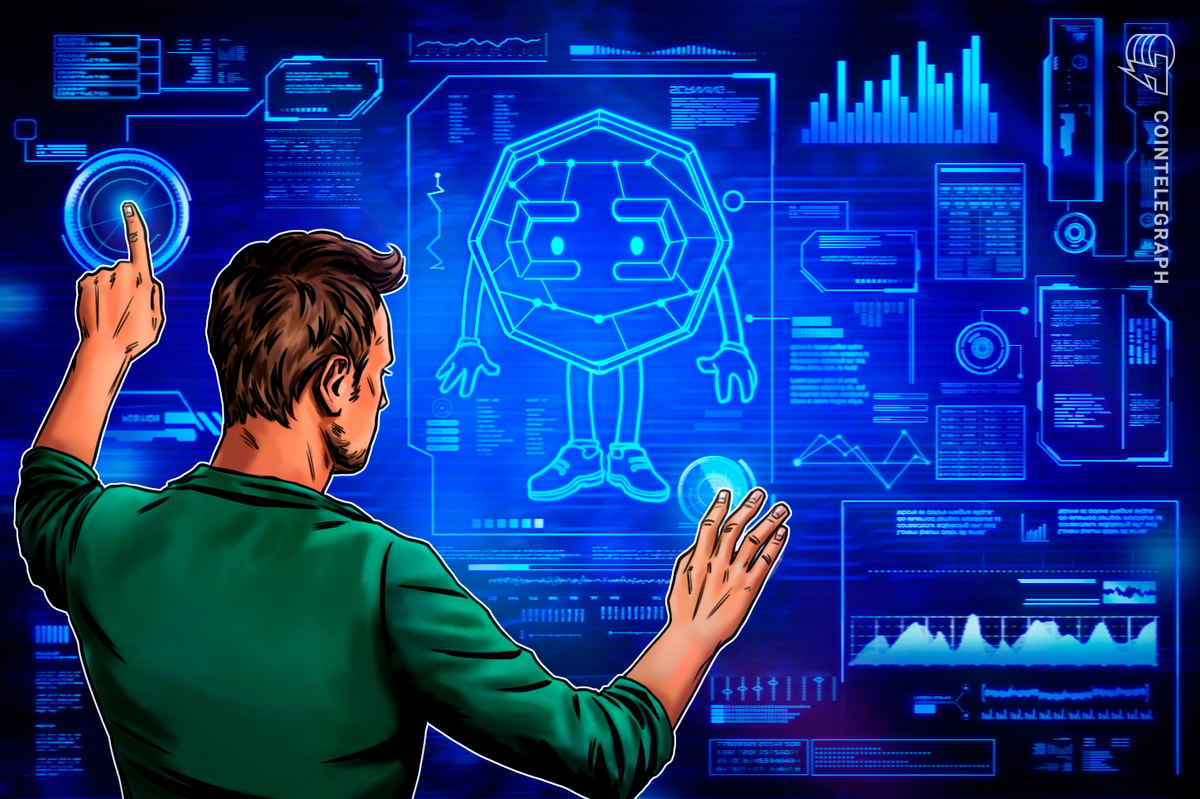The infamous Doomsday Clock was updated on Jan. 23 by atomic scientists to reflect the planet’s imminent danger, set only 90 seconds from midnight due to an array of factors, including artificial intelligence (AI).
The clock is set based on “existential risks” to the planet and humankind, which include nuclear threats, climate change and disruptive technologies. Midnight on the clock represents an “apocalyptic” state. Therefore, the 90-second mark is deemed “a moment of historic danger.”
Today, the Bulletin’s Science and Security Board once again sets the #DoomsdayClock at 90 seconds to midnight.
— Bulletin of the Atomic Scientists (@BulletinAtomic) January 23, 2024
Humanity continues to face an unprecedented level of danger.
Read the full statement: https://t.co/PowB7RkzXw pic.twitter.com/aRyF2ZX3wB
The Bulletin of the Atomic Scientists was founded in 1945 by scientists including Albert Einstein and J. Robert Oppenheimer.
AI was added as a new concern after its explosive entrance into mainstream society in 2023. The issuer of the Doomsday Clock, the scientific journal The Bulletin, called the technology the “most significant development” in the disruptive technology space.
“It is clear that AI is a paradigmatic disruptive technology. Any physical threat posed by AI must be enabled by a link to devices that can change the state of the physical world.”
It mentions the corruption of information enabled by AI as a potentially important factor in preventing the world from dealing with other urgent threats, along with AI increasingly being used by the military and information operations.
Related: AI deepfakes fool voters and politicians ahead of 2024 US elections — ‘I thought it was real’
The paper points out that many countries have already started to recognize the concerns and have begun to take steps to regulate and minimize the harmful impact of the technology.
In August 2023, China became the first country to issue effective regulations for AI. Later, in December 2023, the European Union passed its own provisional regulations on AI, which member states will then choose to adopt.
The United States has emerged as a hub for AI development over the last year and has yet to pass any official law. In October 2023, President Joe Biden issued an executive order establishing six new AI safety and security standards.
Nonetheless, The Bulletin also pointed out that AI and other information technologies have also been a cause for acceleration of the ability of authoritarian regimes to monitor citizens’ activities and liberties.
Concerns have also been raised over AI’s ability to impact political elections via fake news and information manipulation ahead of a major global election season in 2024.
Magazine: Real AI & crypto use cases, No. 4: Fight AI fakes with blockchain











